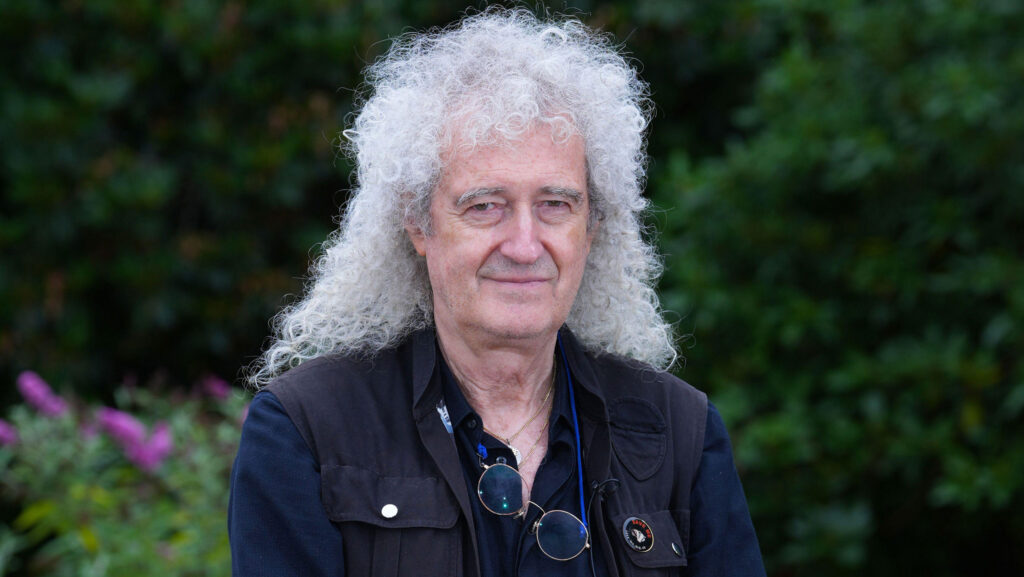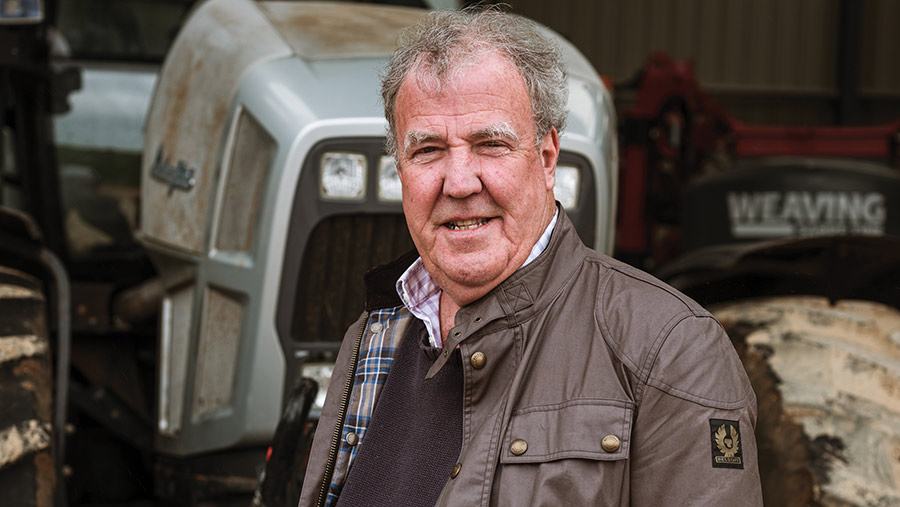Ex-BBC editor opens up on BBC farming coverage
 Dimitri Houtart © World Farming Organisation
Dimitri Houtart © World Farming Organisation Dimitri Houtart, BBC rural affairs champion and executive editor, recently announced he was leaving the broadcaster after 21 years. What is his legacy and how does he think farmers view the BBC?
Former BBC rural affairs champion Dimitri Houtart has admitted there is a “risk” that the broadcaster could be forced to carry out another review of its rural coverage in future.
Dimitri, who was up until August also executive editor for BBC audio, covering environment, rural affairs, food and natural history, was made rural affairs champion at the broadcaster in 2014.
He was appointed to the latter role after a review, commissioned by the BBC Trust, found the broadcaster’s rural coverage had a “metropolitan bias.”
“In the last 10 years, I really shaped the job to be threefold,” he said.
Rural affairs champion
“The first part was to champion fair coverage of farming mostly on our news output. That was to remind the news editors of News at Six, News at Ten and the Today programme of the importance of including rural perspectives in their coverage and letting them know farming stories should not always be in the ‘and finally’ with nice pictures.
“The second part of the job was advising different teams when they did things which touch on farming. I would make sure they understood the nuances, which sometimes a more generalist production team may not understand, on how cattle produce methane, for example.
“The third part was to be the BBC representative with external stakeholders on rural affairs.”
Impact
According to Dimitri, this approach has been effective, with he and other members of the Farming Today team fielding enquiries from all over the BBC on a weekly basis – though as a small group of producers making six programmes a week, they do not always have the capacity to respond.
There is, however, no one measuring the impact of the rural affairs champion and there are no formal metrics for success.
For the first 12 months after the 2014 review, records were kept to report back to the BBC Trust, but since then, Dimitri has collected no data.
Asked if this was a failure and could lead to a place where another review had to be undertaken in future, he said: “Yes, there is a risk. It will be interesting to see how the next champion takes on the role.
“I took quite an active role in in lobbying internally; being the nagging friend for a lot of editors. It’s difficult to monitor.”
Dimitri also rejected the idea of having a member of staff paid to focus solely on rural proofing.
“On paper, to have one dedicated staff member sounds nice, but the reality is I’m not sure how much they would be used, because when you’re not attached to a specific programme, often you get lost in the system,” he said.
Farmer criticism
Though the review of BBC rural coverage is now 10 years old, the broadcaster is still regularly criticised by farmers.
One example of a recent controversy was the documentary Brian May: The Badgers, The Farmers and Me, presented by rock star-turned-anti-badger cull campaigner Sir Brian, which garnered an angry response in agricultural circles.
But Dimitri defended the programme.

Brian May © Adobe Stock
“Brian May was challenged and the production team ensured that it wasn’t just his view unopposed,” he said.
“The NFU were in it. There are production techniques you can use to make sure other views are represented, even if it’s a personal kind of journey.”
Dimitri also made the point that most of the complaints were generated by interviews Brian May gave promoting the programme, rather than the programme itself.
“If we had the same programme presented by Charlotte Smith, nobody would have complained,” he said.
“But by having Brian present, you may open the door on these stories to a wider audience who would not normally watch.
“The plight of farmers was very well explained and suddenly we’re reaching an audience which at least starts to have some empathy for those farmers who’ve got to deal with this terrible disease.”
Dimitri views the controversy surrounding activist Chris Packham’s role as a freelance BBC presenter in a similar way.
“Chris is a really good communicator and highly knowledgeable,” he said.
“So the question becomes, do we stop using those people who are really good at what they do? We want to employ the best people we can, and by definition, those people will have strong opinions.”
More generally, the BBC sometimes generates strong pushback in the farming community for the approach it takes to reporting on certain issues.
One recent article from August, “More cattle kept in ‘UK megafarms’, BBC finds”, is a good example.
The piece itself acknowledges that there is no formal definition of a “megafarm”, but the term was still used in the headline.
“I think that was wrong,” said Dimitri.
“I was on holiday when it happened. My understanding is that wasn’t the original title written by the journalist who wrote the piece, but had been edited by a sub afterwards.
“And thus we’re going back to why we need a champion to explain how problematic this terminology can be.”
Countryfile
It is Countryfile, though, that Dimitri says farmers complain about most.
“Countryfile is mostly a celebration of the countryside,” he said.
“And I know some people will say, ‘that’s not a true reflection of what the countryside is like’, but within that, we’re doing a 10-12 minute slot of really heavy farming stories, which that general audience of three to four, sometimes five million, would otherwise never watch.
“I call it hiding your greens. If the entire programme was like that, the audience would never be what it is, so that’s the compromise.”

© MAG/Colin Miller
More recently, Countryfile has been compared to Clarkson’s Farm, with some claiming Jeremy Clarkson has done more for farming in one season than the BBC has for 20 years.
Dimitri agrees Jeremy Clarkson has “done a great job for farming”, and notes his show has reached a different section of the population that would not normally tune into Countryfile.
But he adds: “People watch Clarkson’s Farm not because of the farming, but because of Clarkson. The reality is Clarkson is his own brand.
“It was perfect casting and that’s what made it work. There have been a lot of other similar series following celebrities around their farms, but they’ve not had the same success.”
As for the section of the population who tune into Radio 4’s Farming Today, Dimitri believes they are broadly supportive of farmers already.
General audience
But he is clear: Farming Today is not a show just for farmers.
“It is a specialist programme for general audience,” he said.
“Obviously, I want farmers to listen to it. But we don’t make it just for farmers. Now, more than ever, we need to inform the public about the challenges of growing food so they can make informed decisions when it comes to buying it.
“So my mother, who’s not a farmer, why would she be interested in these stories? Accessibility is important.”
While catering for the general public is undoubtedly vital for the BBC, ensuring rural audiences are satisfied is key too.
So, 10 years on from the BBC Trust review, how does Dimitri think farmers view the broadcaster?
He said: “In my role as champion, I’ve met a lot of farmers and they can be quite outspoken and will tell you how they feel.
“Sometimes you need to be careful that a few minority but loud voices don’t fill the gap. With all the people I met, I didn’t feel that farmers were against the BBC.”
